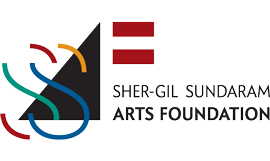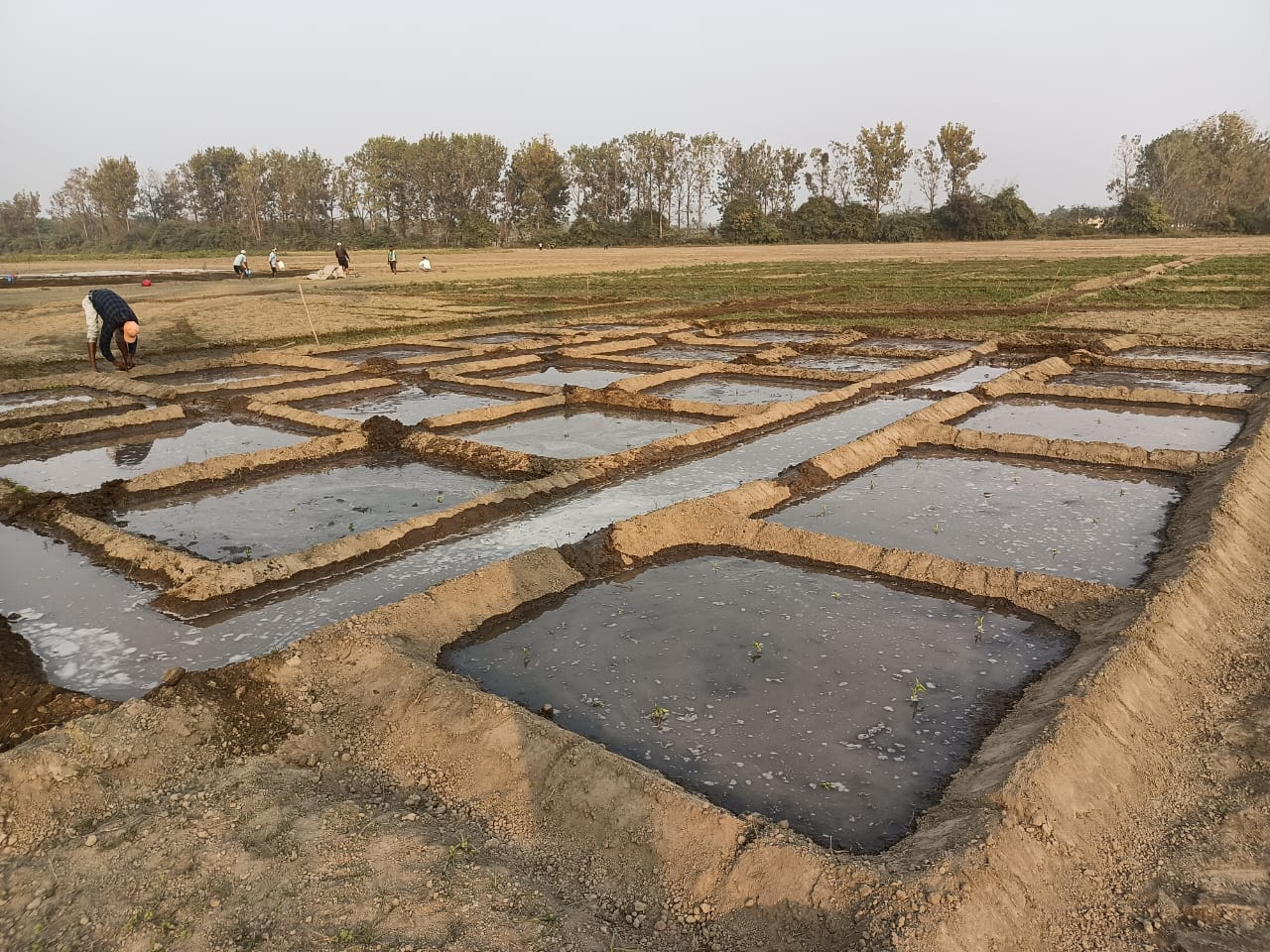
2021 | AgriForum
AgriForum
Organised by FICA, in collaboration with SSAF
With the support of Shared Ecologies Program, Shyama Foundation
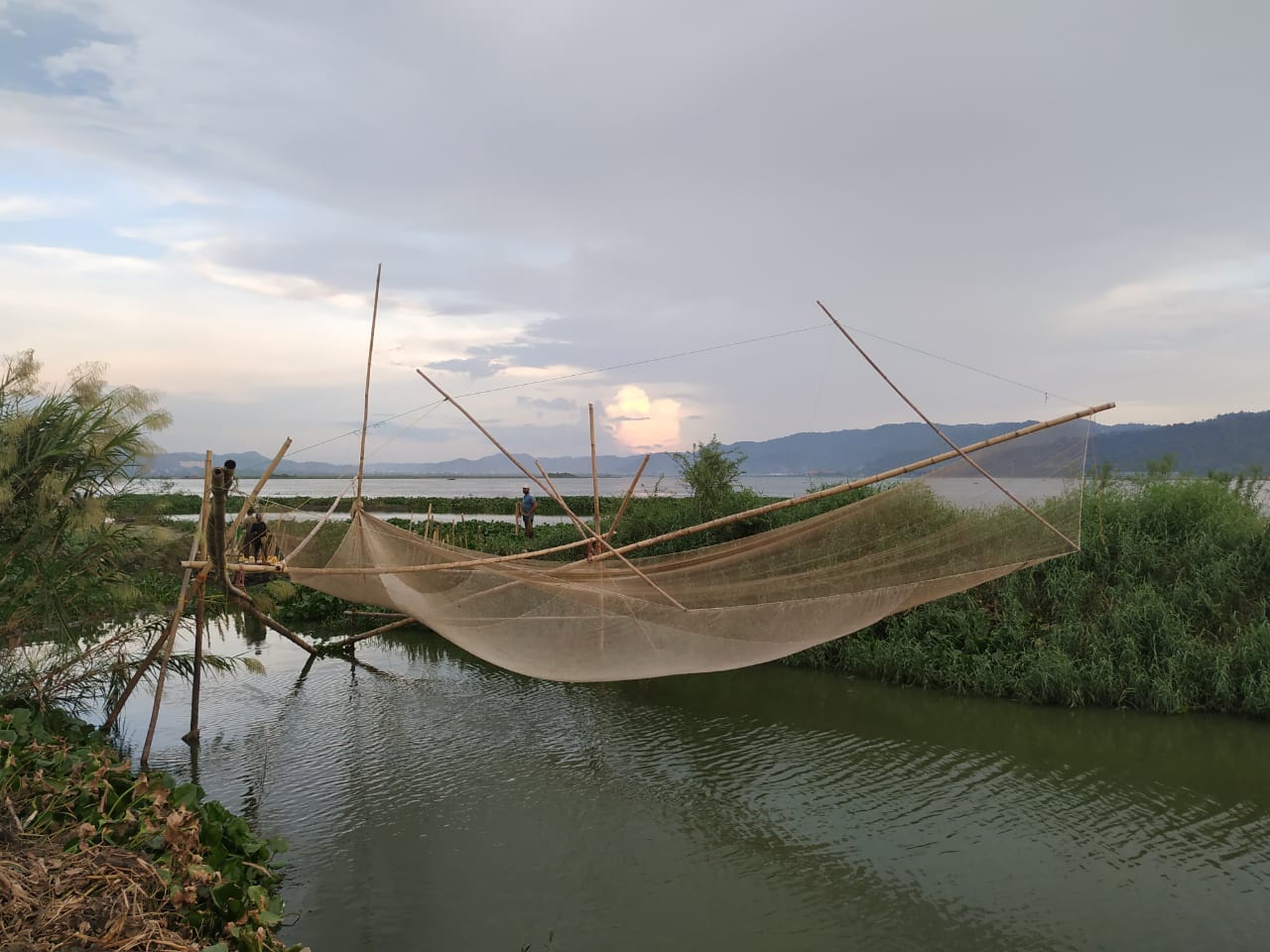
Credit: Dharmendra Prasad, Anga Art Collective.
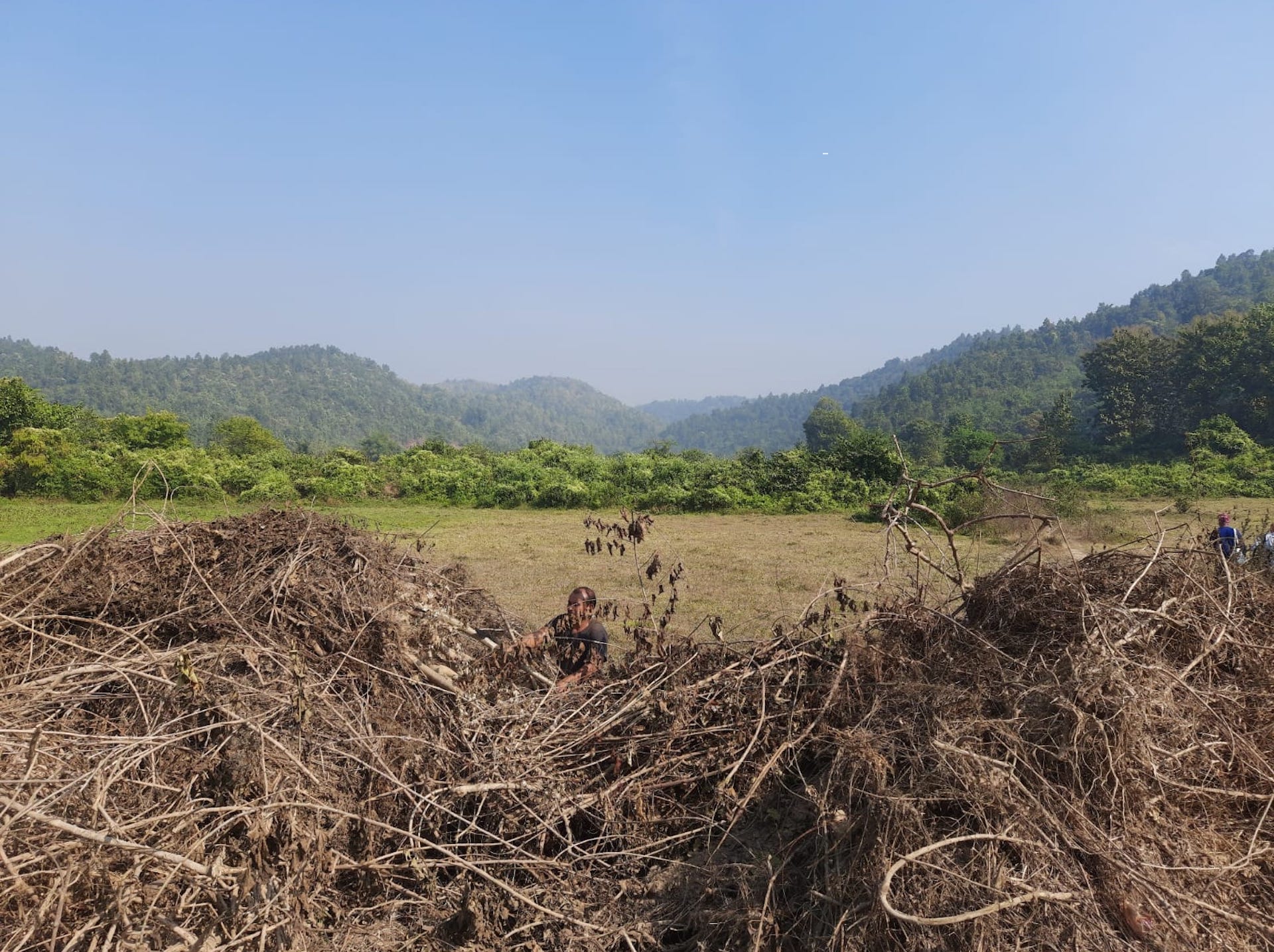
Credit: Dhrubajit Sarma, Anga Art Collective.
The Almanac of Time Hangs in the Brain | Introducing the AgriForum
What does it mean to read a landscape? What does it mean to belong to it?
What necessitates enquiries into the agrarian today?
In the heavy verses of his poem, ‘The Almanac of Time,’ poet Dylan Thomas conveys in dark undertones the inevitabilities of human existence. Each revolution of the earth around the sun, each shift of season, every rolling week is both creatively and destructively construed, carrying the permanence of change and the impermanence of belonging. Known for his lyrical, emotional poetry, Thomas had a keen sense of articulating the effects of time on the human condition, writing extensively about the poesy of ageing and the growth of consciousness that accompanied it. He was also particularly interested in how the anatomy of the human body compared to the universe itself – micro- and macrocosmic entities, swallowing each other whole – and how, if at all, they could learn from each other. The anticipation of inevitability is central to our understanding of the external world, and as we grapple with new forms of uncertainties, we find different ways to accommodate precarity in our lives, imbuing our encounters, ambitions and predictions with an undeterred persistence. How do we make sense of what we experience? Who learns from whom, and how are resistances articulated?

Credit: Gyanwant Yadav, Uttar Pradesh.
Approaching one such inconceivable expanse, in an attempt to think and behold in some form its reverberations, relevances and reformations, the AgriForum is envisioned as a space for presenting and gathering contemporary enquiries into the agrarian. A forum for artists working with the agrarian across media, form and function, it seeks to encourage processes of sharing and accumulation, drawing into its fray various vocabularies at the intersections of artistic practice and agriculture. FICA outlines the AgriForum as responding to a necessity in the field in its attempt to create a network of locally-rooted practitioners from different locations, inviting them to read and discuss together the concerns they share. Positioning this act of convening within a virtual space of convergence, criticality and dissemination, the AgriForum seeks to amplify socio-political and cultural issues at hand, including but not limited to themes around sustainability, the environment, food security and our relationship to natural resources.
Bringing together a small group of participants who engage with the agrarian through a lens of the artistic, the AgriForum is contextualised by their efforts to express and engage with the political urgencies that imbue the agrarian today. Our participants in this phase of the AgriForum are linked by a powerful commonality in their imaginations of the agrarian, namely one where the nature of the site is challenged and placed outside conventional delimitations and one-dimensional approaches to defining it. Their practices activate indigenous knowledge systems, modes of being, community engagement, collective resistances, farming practices, and ecological perspectives in powerful, reinventive ways. Collaboratively rerouting their own materials, methodologies and experiences, the AgriForum wishes to mould, harness and share conceptual understandings around agriculture and its associated discourses, fostering new tangents of interactions with other interlocutors.
The AgriForum will attempt to think through the intertextuality made evident by this group of participants and their practices. It hopes to study possible new ways of revisiting and rethinking the material stemming from this form through critical writing, curatorial approaches and artistic research, while also streamlining references to mobilise critical reflections on the agrarian as an urgency, a landscape of encounter and experience in itself.
Text by Annalisa Mansukhani
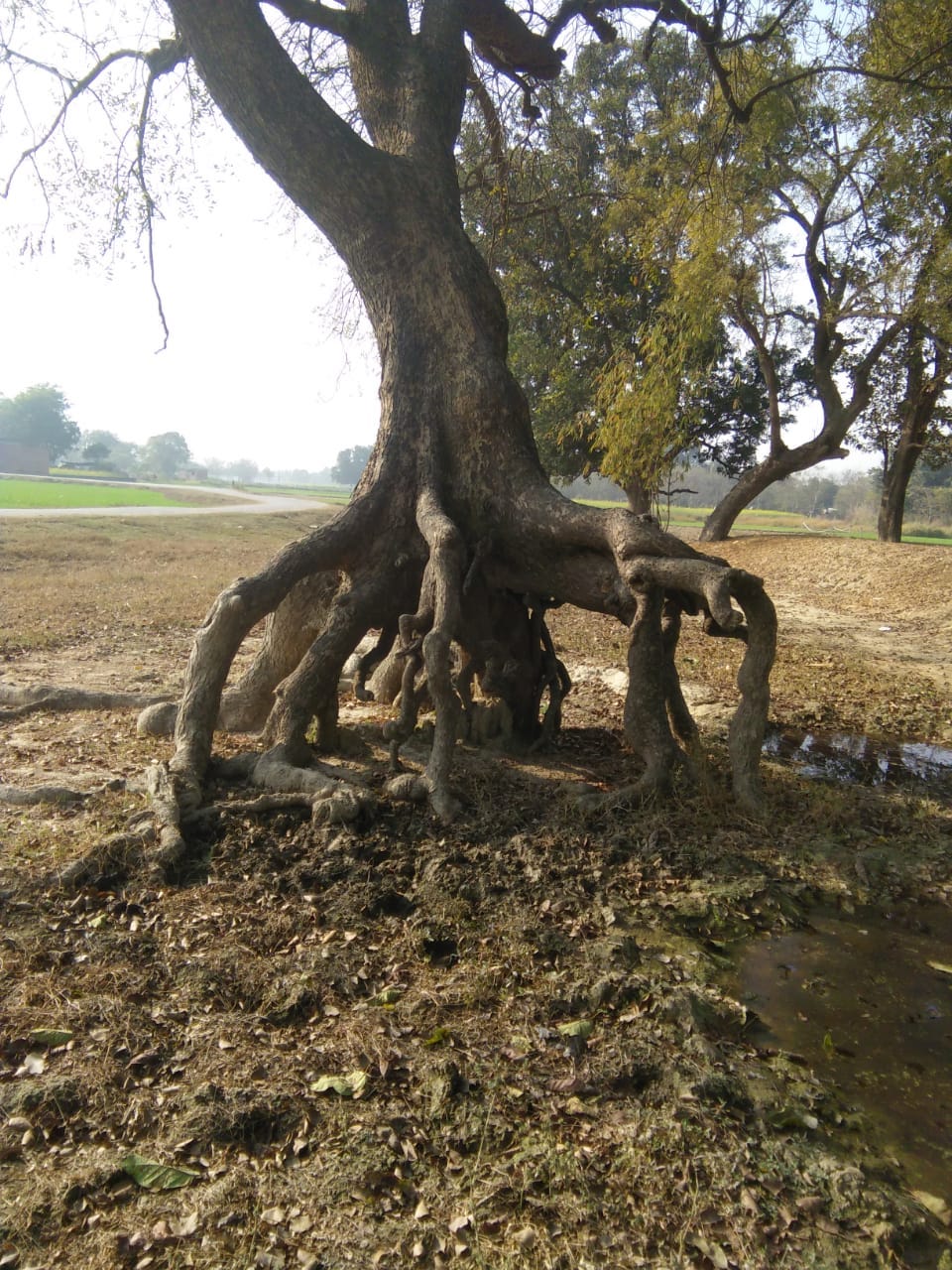
Credit: Gyanwant Yadav, Uttar Pradesh.
